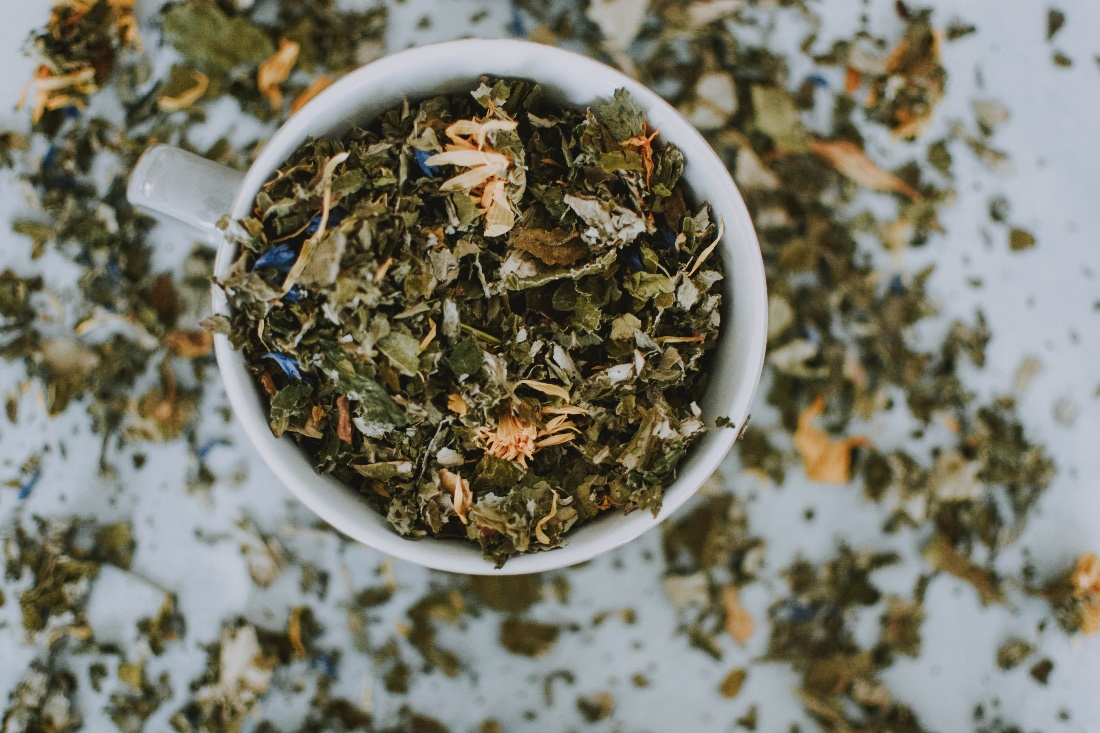Polycystic ovarian syndrome (PCOS) ) is an endocrine disorder affects around 1 in 10 women of childbearing age (18–44 years), Women suffering from PCOS have an abnormally high level of male hormones (androgens), specifically testosterone. Some women have high levels of prolactin, the milk-producing hormone, and low levels of progesterone, the hormone responsible for menses and maintaining pregnancy. PCOS patients may even have insulin resistance. As the combination of too much androgens and too little progesterone affects ovulation, PCOS patients have irregular or painful periods and difficult pregnancies.
https://pubmed.ncbi.nlm.nih.gov/29678491/
Unfortunately, PCOS does not have a straightforward cure and has to be managed. Conventional medication and its side effects are prompting women to turn to alternative remedies, One viable solution is to use ashwagandha for PCOS. Ashwagandha is a super herb that treats a variety of conditions ranging from diabetes to depression, and it can manage both the risk factors and symptoms of PCOS.
1. Treats Infertility And Irregular Menstrual Cycles
PCOS is the most common cause of infertility in women as it suppresses ovulation. A clinical study found that a polyherbal preparation which included 25 mg ashwagandha could successfully induce ovulation. It could also correct irregular menstrual cycles and reduce menstrual pain. Ashwagandha can do this in combination with Moringa in better way.
2. Treats Depression And Anxiety
PCOS can cause anxiety and depression in women either due to hormonal disturbances or due to the embarrassing physical changes like excess body hair or weight gain that can occur with this condition.
Ashwagandha produces calming, anti‐anxiety, highly‐stabilizing effects. It contains tryptophan which is the building block of serotonin, the mood-lifting hormone.
Ashwagandha activates GABA receptors in the brain. GABA (gamma amionobutyric acid) is a neurotransmitter in the central nervous systems that blocks signals. Ashwagandha therefore helps inhibit the signals caused by stress and relieves anxiety.
3. Improves Insulin Resistance
Many studies emphasize a relationship between insulin resistance and PCOS.
When your body has excess insulin, the ovaries produce more of the male hormone testosterone, leading to menstrual cycle disturbances. Extra testosterone circulating in the female body can cause acne and hirsutism. High insulin levels also make the body store more fat, especially around the abdomen. This is a common sign in PCOS
Ashwagandha has been found to increase insulin sensitivity and improve blood glucose control in animal studies. In human patients also, ashwagandha has been found to be as effective as prescription drugs in lowering blood glucose.
4. Fights Cell Damage By Free Radicals
Research has found that PCOS may be related to oxidative stress. Stress and other environmental toxins generates free radicals. Being highly reactive, these free radicals start damaging your body cells by oxidizing them. Your body has a store of natural antioxidants to fight free radicals, but when there are many more free radicals than your body can fight, it is under oxidative stress. Research suggests that antioxidants may stall the development of PCOS.
5. Treats Fatigue, Insomnia and Thyroid Imbalance
Stress can cause lethargy and disturbed sleep. When ashwagandha fights stress, it kills fatigue and improves your sleeping patterns.
Thyroid imbalance is one of the effects of PCOS. This in turn causes fatigue and lethargy.
The thyroid stimulating effect of Ashwagandha has also proven helpful for under-active thyroid glands commonly associated with PCOS.
It’s properties help to stimulate the central nervous system and fight stress by reducing cortisol levels and balancing thyroid hormones.
6. Reduces Weight
According to Brenda Watson and Leonard Smith, authors of ‘The Fiber35 Diet: Nature’s Weight Loss Secret’, Ashwagandhahelps in reducing stress related weight gain by regulating the cortisol levels. Cortisol stimulates glucose production and triggers a hunger response in the brain
Conclusion
Ashwagandha can undoubtedly help with many aspects of PCOS, but it has to work in tandem with other lifestyle changes like eating healthy, reducing stress inducers in your life, and giving your body the exercise it requires. Cutting down on processed foods and having more whole-grain products, fruits, vegetables, and lean meats can also help to lower blood glucose and normalize hormone levels in your body.
Remember, PCOS can be managed and in this ashwagandha can prove a great ally. But note that the perfect dosage is critical because ashwagandha has been seen to increase testosterone levels in men. Having too much may have side effects, including abortion. Don’t exceed the dosage of the food supplement and consult your doctor if you have any health issues ,stop take it if you got pregnant.



